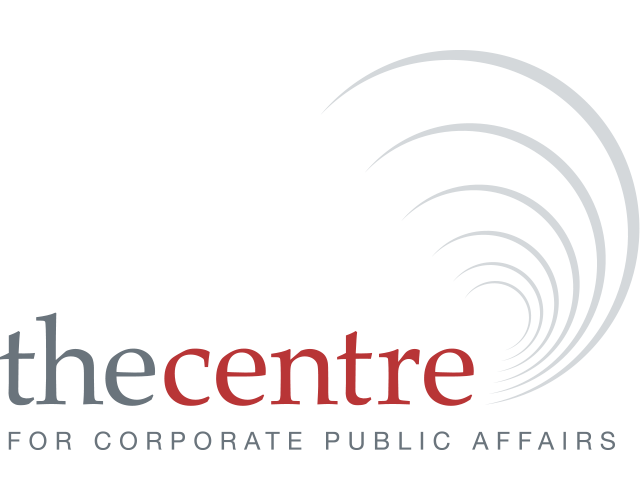Knowledge Centre
Items on this page are a taste only of the thousands of articles, podcasts, and videos housed in our Knowledge CentrePlease login for full access. If your organisation is a Centre member and you do not have log in details, please email thecentre@accpa.com.au. If you have forgotten your password, you can reset it here.
Facebook will stop political ads in the U.S. after the polls close on November 3
Salvador Rodriguez, CNBC, 07 October 2020Facebook has announced that it will stop running political advertisements in the US, after polls close for the 2020 election. The temporary ban is expected to last about one week to stop ads that seek to delegitimize the results of the election.
To read more go to
The Trump Covid news broke in the middle of the night. Here’s how news organisations handled it
Laura Hazard Owen, NiemenLab, 02 October 2020With President Trump showing signs of illness as early as last Wednesday, the timeline of how he could have spread COVID-19 before his announcement is still unclear. News organisations across America were quick to report on the news.
To read more go to
Reality wreck - misinformation and how the truth became a partisan issue
Checks and Balances Podcast, The Economist, 02 October 2020With President Donald Trump tweeting he has COVID-19, and in the aftermath of the first Presidential debate, truth has become a partisan issue in some nations. Speaking to MIT's Sinan Aral, and The Economist's, Adam Roberts, this podcast episode asks whether reality can be reclaimed.
To listen go to
Vaccine and science communications in the USA
The Lancet, The Lancet Voice, 02 October 2020In this podcast episode of The Lancet Voice, American scientist Peter Hotez talks vaccine progress and how science needs to communicate in the USA, and philosopher of science Cailin O'Connor discusses how misinformation
US election: can corporate political activism sway the result?
Professor Debbie Haski-Leventhal, Macquarie University, 21 September 2020Global CEOs are speaking out against social, political and environmental injustices as the U.S. presidential election approaches. This new wave of corporate political activism is making its way across many multinational companies.
Rio Tinto expected to destroy 124 more Aboriginal sites, inquiry told
Calla Wahlquist, The Guardian, 21 September 2020A parliamentary inquiry into the destruction of the Juukan Gorge caves has heard that Rio Tinto is planning to destroy another 124 Indigenous heritage sites at a new iron ore development less than 100km away from the recently exploded rock shelters.
‘Public interest journalism is important’: Government gives AAP $5m
Lisa Visentin & Zoe Samios, The Sydney Morning Herald, 18 September 2020The Australian Associated Press (AAP) has been given a $5 million 'lifeline', as the Federal Government insists on the news organisation's importance for maintaining media diversity. Federal Communications Minister, the Hon. Paul Fletcher, said that "public interest journalism is important now, more than ever."
To read more go...
Rio Tinto exits seen reverberating across boardrooms
Paulina Duran and Byron Kaye, Reuters, 11 September 2020The departure of Rio Tinto chief executive, Jean-Sebastian Jacques, over the destruction of the Juukan Gorge sites, has put mining companies and executives around the world on notice. In a push for more sustainable business decisions, pressures are growing for board rooms to address environmental and social issues.
To read more...
Rio Tinto sackings won’t solve Indigenous relations problem
Peter Ker, Australian Financial Review, 07 September 2020Superannuation giant HESTA has warned against expectations that dismissals of Rio Tinto's senior executives would automatically fix the fractured relationship between mining companies and traditional owners.
To read more go to
Facebook and Twitter ban Russian accounts trying to influence US politics
ABC News, 02 September 2020Facebook and Twitter have deleted several Russian-based accounts posing as freelance news sites. “We see these actors continuing to try to target public debate ahead of the US 2020 elections, and they're not having a lot of success," Facebook’s head of cybersecurity policy, Nathaniel Gleicher said. Twitter has also promised to add ‘context’ to...
